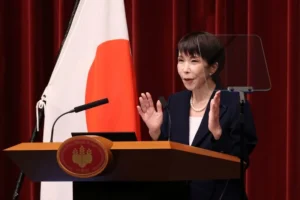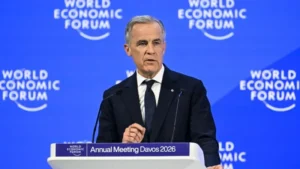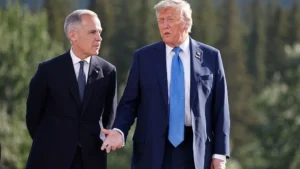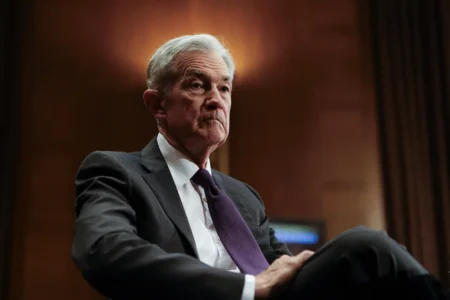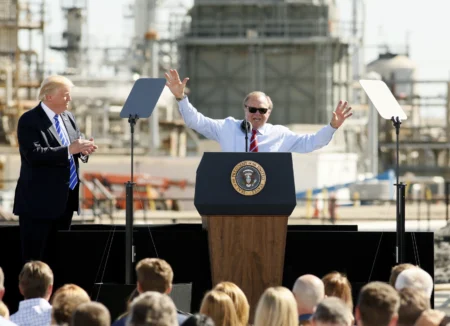Iraq has approved a major agreement with the Kurdistan Regional Government to restart oil exports from the north. This move comes after long delays and disputes over oil revenue and control. The decision was made in a special cabinet session led by Prime Minister Mohammed Shia al-Sudani.
Under the new deal, the Kurdistan Region will supply oil through Iraq’s national export company, SOMO. In return, the federal government will pay the KRG $16 for every barrel delivered. This payment can be made in cash or as goods. At least 230,000 barrels must be sent daily to SOMO under the agreement.
Kurdistan’s current production level is 280,000 barrels per day. Of this, 50,000 barrels are used inside the region. The rest will be exported through SOMO. If production increases, the extra barrels will follow the same payment and delivery system.
The plan gives full control of oil exports to the federal government. All oil from the Kurdistan Region must now be handed over to SOMO before being sold abroad. If for any reason exports are delayed, the Kurdistan authorities must still send the daily quota to the Ministry of Oil.
For the oil used within the Kurdistan Region, the KRG will cover all production and transport costs. The money earned from selling refined fuel, after taking out costs, must be sent to the federal treasury.
As part of the agreement, the KRG will also pay 120 billion Iraqi dinars for its expected non-oil revenues for May. A joint audit team will start reviewing the KRG’s non-oil income beginning in May 2025. Another joint team will be set up within three months to manage salary payments to government workers in the Kurdistan Region. This process must follow the rules set by Iraq’s top court.
An independent team will also review if the KRG has spent more than its approved share of the national budget for the years 2023 to 2025. The payment of May salaries to KRG workers will only take place once SOMO confirms that it has received 230,000 barrels through the Ceyhan oil terminal.
These steps are now legally binding and will be carried out without delay. The cabinet has made clear that this agreement is final and must be followed by both sides.
This deal marks a turning point in the long-running oil dispute between Baghdad and Erbil. By agreeing to central control and setting clear payment terms, both sides aim to create a more stable and transparent oil system. It also improves Iraq’s chances of boosting oil exports and increasing national income.
For the people in the Kurdistan Region, the agreement offers hope for more regular salaries and better public services. For the central government, it ensures stronger control over oil flows and revenue.
Restarting northern exports could also help Iraq’s global oil sales. It adds more barrels to the national total and may help improve Iraq’s standing in international markets.
After months of tension, this oil export plan is a strong step toward long-term cooperation between Iraq and the Kurdistan Region. It brings clear rules, shared benefits, and renewed trust between both sides.

